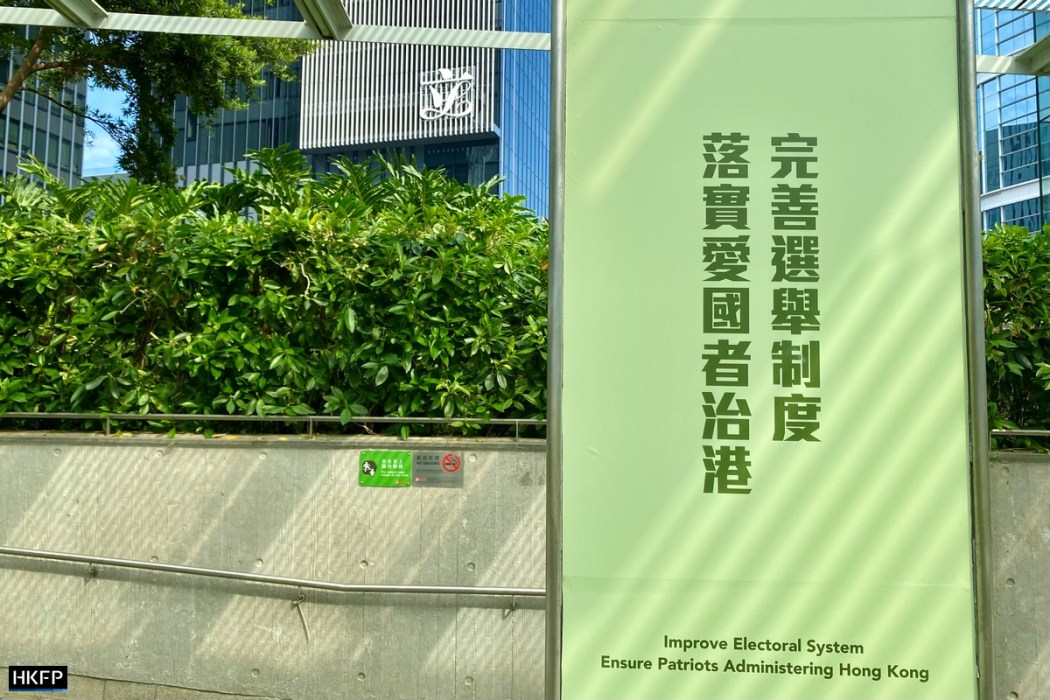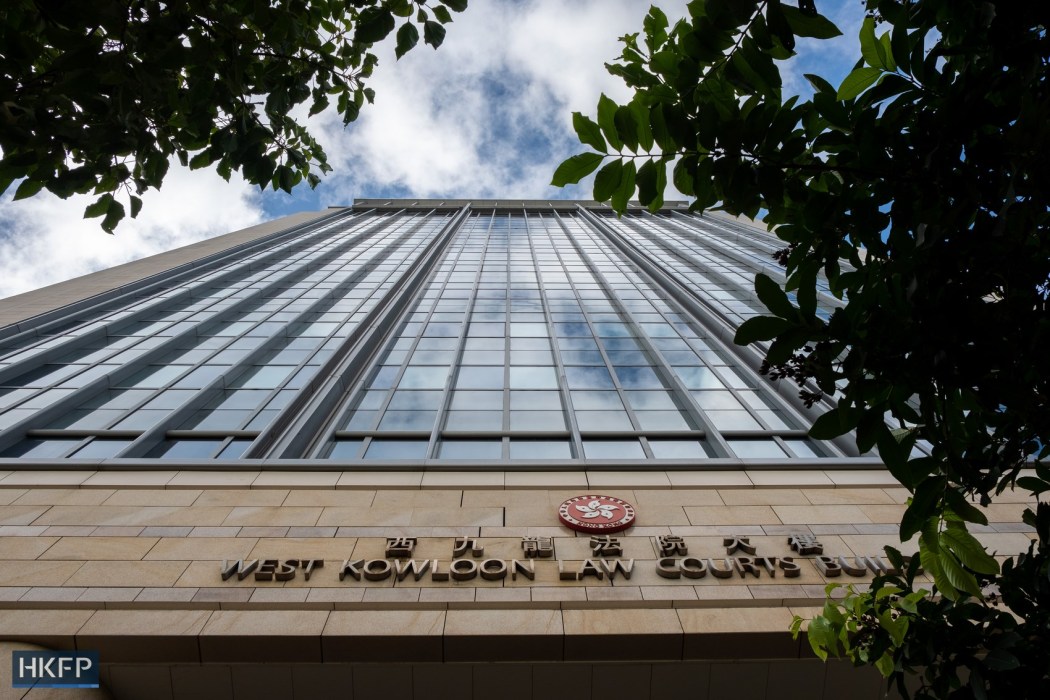A Hong Kong court has ruled that the law against inciting people to boycott polls or cast invalid votes is constitutional. Former student leader Jacky So, who filed the constitutionality challenge, was handed a suspended two-month jail term after he pleaded guilty to the charge in light of the ruling.

So, 23, who was a leader of the defunct Chinese University of Hong Kong students’ union, appeared in front of Deputy Magistrate Kennis Tai at West Kowloon Magistrates’ Courts on Thursday.
He stood accused of sharing a Facebook post by self-exiled former lawmaker Ted Hui, which allegedly incited others to cast blank ballots in the 2021 Legislative Council elections.
During an earlier hearing, So’s lawyer Carter Chim argued that the law in question created “inequality” for those who advocated invalid ballots because of their political opinion, adding that such advocacies would not “sabotage” an election.
Chim also questioned whether the legislation had any “lawful purpose,” or whether it existed for the government to “avoid being embarrassed” if the number of invalid votes exceeded valid ones.
The prosecution, meanwhile, argued that urging a vote boycott was equivalent to sabotage, saying that the law prohibited people of any political stance from inciting invalid ballots equally.
The magistrate ruled that inciting people to cast invalid ballots “was not facilitating democracy,” as the move was “expecting to influence the public with collective power on whether they cast their ballots, or what their votes would be.”

Tai said that people who were incited to cast blank votes would waste electoral resources, and ruled that the restrictions imposed by the law were “reasonable and necessary” as it did not target a particular political group.
She added that people could still cast an invalid votes, they could just not encourage others to do so, and said the legislation preserved “a space for private discussion.”
Sentencing
In light of the verdict on the constitutional debate, So pleaded guilty to inciting others to cast blank or invalid votes. He had previously indicated he would enter a guilty plea if the law were ruled constitutional.

The court heard from So’s lawyer that the defendant had been a top scorer in secondary school exams and decided to follow his ideals to study politics and journalism at university, forgoing the option of more profitable careers. The barrister added that So acted in a moment of stupidity and on his lack of understanding of the law’s details.
When handing down the sentencing, the magistrate said she accepted that So had “an extremely good background” and the defendant only breached the law because of his “lack of legal common sense.”
After taking into account the one-third discount for a guilty plea, So was sentenced to two months of imprisonment, suspended for 18 months.
Support HKFP | Policies & Ethics | Error/typo? | Contact Us | Newsletter | Transparency & Annual Report | Apps
Help safeguard press freedom & keep HKFP free for all readers by supporting our team

LATEST FROM HKFP
HKFP has an impartial stance, transparent funding, and balanced coverage guided by an Ethics Code and Corrections Policy.
Support press freedom & help us surpass 1,000 monthly Patrons: 100% independent, governed by an ethics code & not-for-profit.










